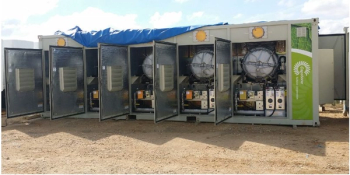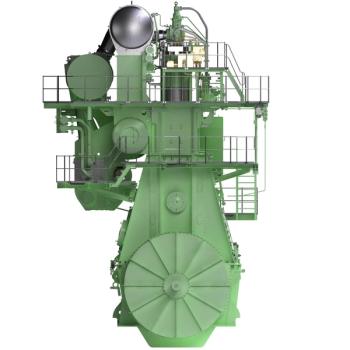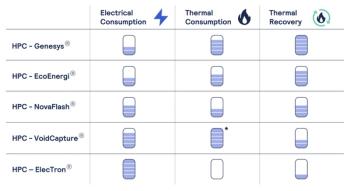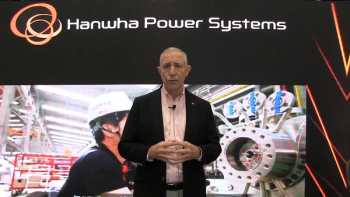
Carbon capture joint venture formed
Talos Energy has formed a joint venture to source, evaluate, and develop carbon capture and storage project opportunities
Talos Energy has formed a joint venture with Storegga Geotechnologies to source, evaluate, and develop carbon capture and storage (CCS) project opportunities on the United States Gulf Coast and Gulf of Mexico (GOM), including state and federal waters offshore Texas, Louisiana, Mississippi and Alabama. The Partners are actively exploring opportunities with counterparties along the CCS value chain.
Under the joint venture framework, they will originate and mature CCS ventures with emitters, infrastructure providers, service companies and financing partners, among others. The joint venture combines the strengths of Talos's offshore operational and sub-surface expertise with Storegga's CCS project experience. Storegga is a European CCS developer responsible for the Acorn CCS and Acorn Hydrogen Projects. It also is actively developing a direct carbon air capture (DAC) project. The Acorn project is the most advanced large-scale CCS project in the United Kingdom with final investment decision expected in 2022. Talos's core skill set complements CCS project requirements, particularly with respect to CO2 injection and storage, including geology and geophysics, reservoir engineering, drilling and completion operational excellence, regulatory processes and inland water and offshore logistics.
The United States Gulf Coast is a prime location for offshore carbon capture projects in the U.S. The area contains some of the nation's highest concentrations of power generation, industrial and petrochemical facilities, including 100+ facilities emitting more than 1,000,000 tons of CO2 emissions per year. In addition to the large industrial multi-national companies and conglomerates present in the region, there is also a high density of smaller private and middle-market industrial sites which may require CCS solutions in the future. This network is immediately adjacent to a large natural carbon storage province located offshore in shallow waters in the Gulf of Mexico Shelf and potentially holding over 30 gigatons of available storage in geological structures with the necessary rock properties and fluid type to effectively store significant CO2 volumes.
Newsletter
Power your knowledge with the latest in turbine technology, engineering advances, and energy solutions—subscribe to Turbomachinery International today.




